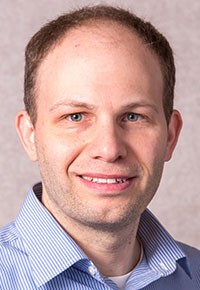Molecular Genetics Meets Affordability

The Affordable Learning Exchange (ALX) works to lower costs for Ohio State students by helping instructors replace conventional textbooks with open and affordable materials.
Dr. Craig Burd and Dr. Christin Burd, assistant professors in the Department of Molecular Genetics, received the ALX Textbook Affordability Grant for their project to replace the MolGen 5300 textbook with publicly available scientific articles and online video tutorials. Read more about their project in this Q&A with Craig.
Q: Why did you decide to pursue this project?
We had seen the previous RFP, and had just started this course the year before. We had originally tried not to use a book and had recommended an optional textbook. Apparently there was a pirated version online that is easily accessible and a lot of the students were using that. At some point, we were kind of encouraging piracy! We decided that this grant was a good opportunity to get completely away from even recommending a textbook.
Q: How did you find your materials and what was the quality of the materials you found?
The internet! For our project, we have tried to replace any textbook reading with a combination of multimedia support, such as online videos, journal articles and review papers that are published in journals that are open access. To find materials, we do a search, limited it to review articles, and then we have a list of whatever subject we’re looking at. At that point, it’s just a matter of going through each one and asking whether it’s too technically advanced for the students to follow or not. That’s where the time really needs to be put in. It’s a similar time investment to starting up a new course.
The one thing I will say is that it’s smart to use the people at the library, and specifically the copyright people. When we first started, we did some things that probably weren’t great and the librarians pointed us in the right direction. Getting square on what is legal and what isn’t is important, and having those resources within the ALX program to do that has been extremely helpful.
Q: Now that you’re in the middle of the project, has anything changed from your original plan?
We originally started in spring semester 2016, and that went pretty far. We incorporated all of that work and we are redoing the class this fall. This semester, we’re making some of the adjustments that were recommended by students in the survey at the end of the class.
There were some comments that expressed appreciation of the fact that they didn’t have to buy a textbook, but they found that a textbook provided a lot more of what they are used to in terms of order to the class. The books made it predictable for them. I think some of the students would actually prefer the textbook in those cases because it’s what they’re used to.
In terms of course mechanics, just trying to find better articles, and in some cases, more articles. I think maybe we were a little skimpy initially on giving information, and some of it was very difficult because it’s a technical subject. To find something that is written in a way that is still at the students’ level, but is still providing new information—It’s just a constant search for the right resources.
Q: What were some challenges or things that were easier than you thought?
For us, it’s not the quality that is the challenging aspect but it’s finding the right technical level for the students. I think that’s why textbooks are good because they’re really designed for the reader at that learning stage, while a lot of these articles are designed for people in the field.
I’d say the other thing and this is something that the students didn’t say, was that the class became very much lecture-based, rather than out-of-class based. You really needed to be at the lectures to get through the class. Even those supplemental articles, at the technical level they’re at and as low as we could get, you still needed some explanation and you had to be in class to get that. That probably depends on the field, but I don’t see how that’s going to change with this class. It has definitely become a class in which it is absolutely essential that you’re in the lectures. The articles are a supplement to the lecture rather than the lectures being a supplement to the textbook.
Q: What are you most excited about for fall implementation?
We’ve been through this once and now it’s just tweaking, so hopefully there aren’t a huge number of changes. It’s going to get slightly better this semester. Hopefully the students appreciate it a little bit more. In general, this is a pretty popular class, so the students are usually fairly receptive. They’re mostly pre-med students and they love the cancer genetics. They feel like it fits right in with their career goals and they’re usually pretty happy with it at the end.
This interview is the first within a series about our current cohort and their experiences implementing open and affordable course materials in their classes. Read the first article in this series here.
Apply for an ALX Grant!
Between September 12-30, ALX will be accepting proposals from instructors wishing to make education more affordable for Ohio State students.
ALX grants are available for a wide variety of courses and project ideas; find more information about available grants here.





